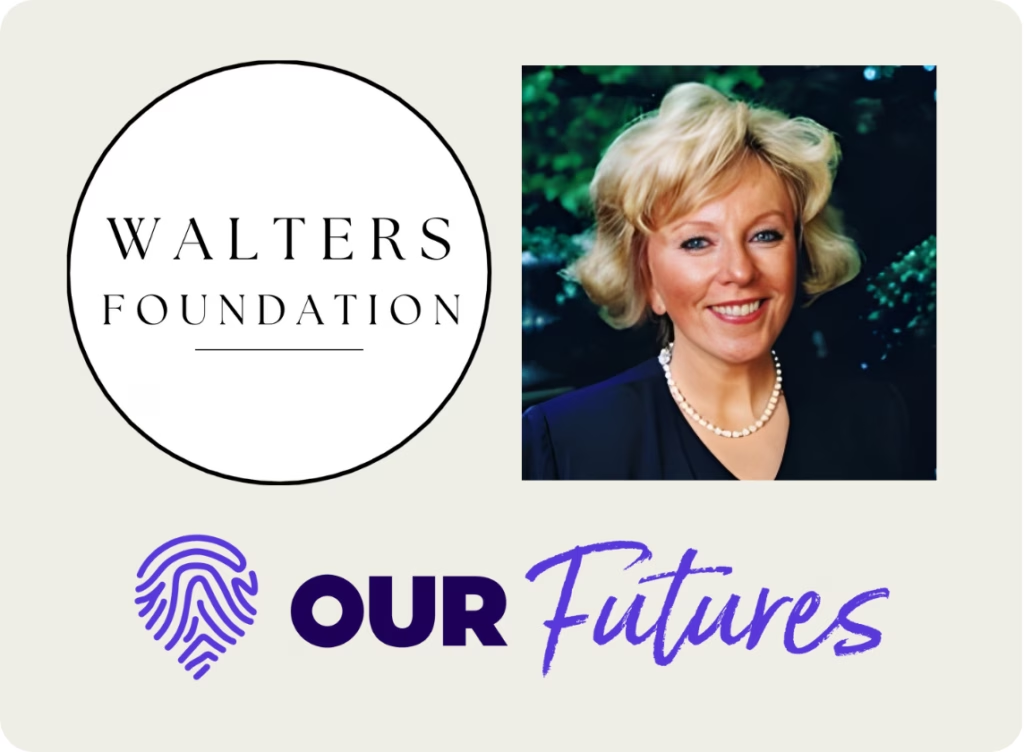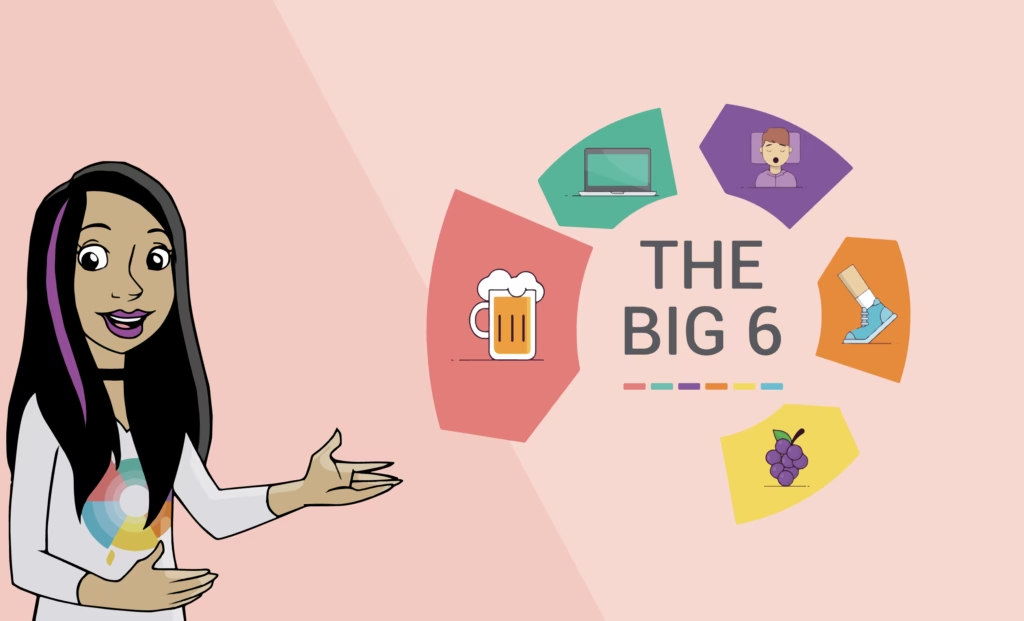
We often get asked for information on our prevention programs so that educators, health professionals, community health & wellbeing officers, and other wellbeing advocates can share information and resources with schools, parents, and other clients. So, we’ve put together some marketing materials for your newsletters, social posts, magazines, or anywhere else you may want to share information. This information pack covers our Alcohol program.
Background
Alcohol is the most commonly used drug in Australia, and the most common substance used by teenagers. This Module aims to develop students’ knowledge, understanding and skills to prevent and reduce alcohol use and related harms. The harm-minimisation approach emphasises that not using alcohol is the safest option; however, it recognises that a minority of people will use alcohol. For this reason, it also provides strategies to help minimise alcohol-related harm. The OurFutures Alcohol Module was developed by researchers currently based at the Matilda Centre at the University of Sydney.
What is the OurFutures Alcohol program?
The award-winning, clinically-proven OurFutures Alcohol prevention program is an education course for high school students that empowers young people to make responsible, informed decisions about alcohol use.
Implemented across six 40-minute lessons, it uses realistic, relatable cartoon dramas and in-class activities to give teens the necessary knowledge, understanding, and skills required to reduce alcohol-related harm to themselves and others.
It is also mapped to national and state-based Health and Physical Education curricula and was co-designed with teachers and students, to ensure it fits seamlessly into the classroom.
What is the evidence behind it?
The OurFutures Alcohol Program has been rigorously evaluated using the same effective prevention education methodology as the other award-winning OurFutures programs. The benefits have been proven in two randomised control trials (RCTs) and a systematic review. In addition, the benefits of the Alcohol module when combined with the Alcohol & Cannabis module have been demonstrated in five trials.
Proven student benefits:
- Reduced alcohol consumption and binge drinking.
- Reduced harms related to the use of alcohol.
- Improved attitudes towards alcohol.
- Increased alcohol-related knowledge.
How does it work?
OurFutures Alcohol program is made up of different components that work together to promote learning:
- Online lessons: six 20-minute online cartoon-based storyline lessons delivered in class.
- Stop & Think activities: interactive exercises within the online lessons to encourage students to reflect and think critically.
- Self-guided quizzes: interactive online quizzes at the end of each online lesson to test and consolidate students’ knowledge.
- Additional activities: a suite of classroom and homework activities for each lesson to reinforce key messages and help students to apply knowledge.
- Lesson summaries: graphic summaries for students and teachers to refer to for key information and concepts presented in each lesson.
What students learn about:
- Alcohol, the law, and underage drinking.
- The influence of contextual factors on teenage alcohol use.
- Risks of alcohol use and strategies for seeking help.
- Myths and facts about alcohol.
- Strategies teens can use to keep themselves and others safe in various situations.
- First aid and decision-making skills to promote health and safety.
Read more here: https://ourfuturesinstitute.org.au/programs/alcohol-education-course-for-students/
How can I access the program?
Register your school here: https://ourfuturesinstitute.org.au/find-out-more/
Or for more information, head to: https://ourfuturesinstitute.org.au/programs/alcohol-education-course-for-students/
Informative articles:
Alcohol and other drug use among disadvantaged youth
Contact us if you’d like any further information.
Shareable images:



Find OurFutures Institute on socials:
Instagram: @ourfuturesinstitute
Facebook: OurFutures
Twitter/X: @OurFuturesInst
LinkedIn: OurFutures Institute







